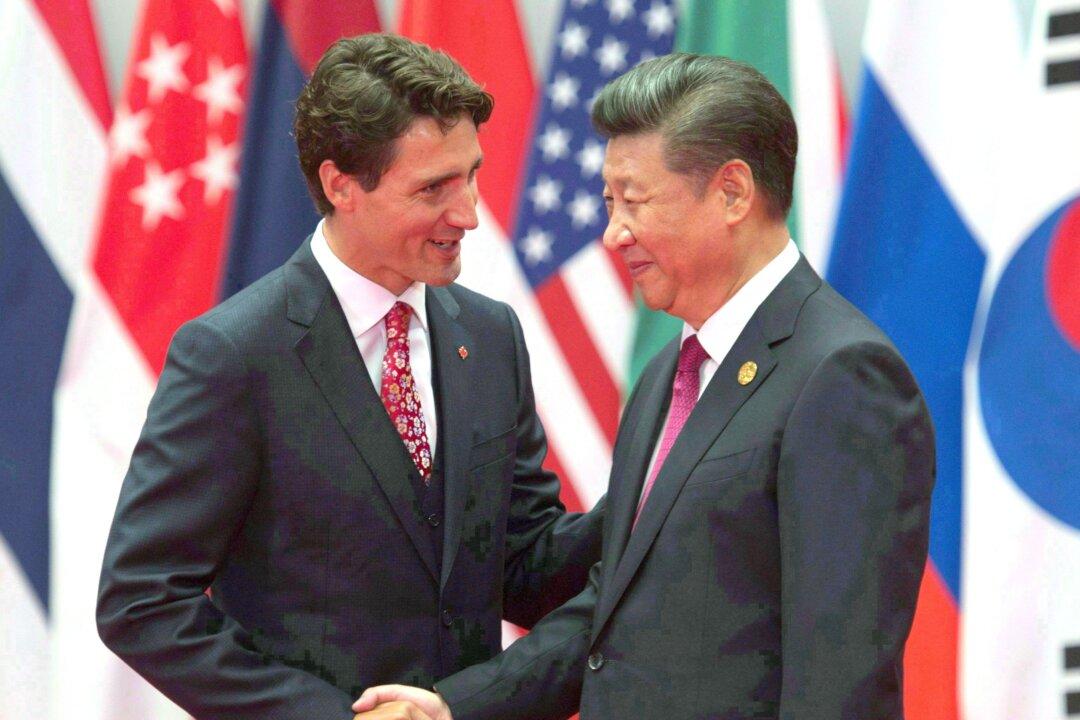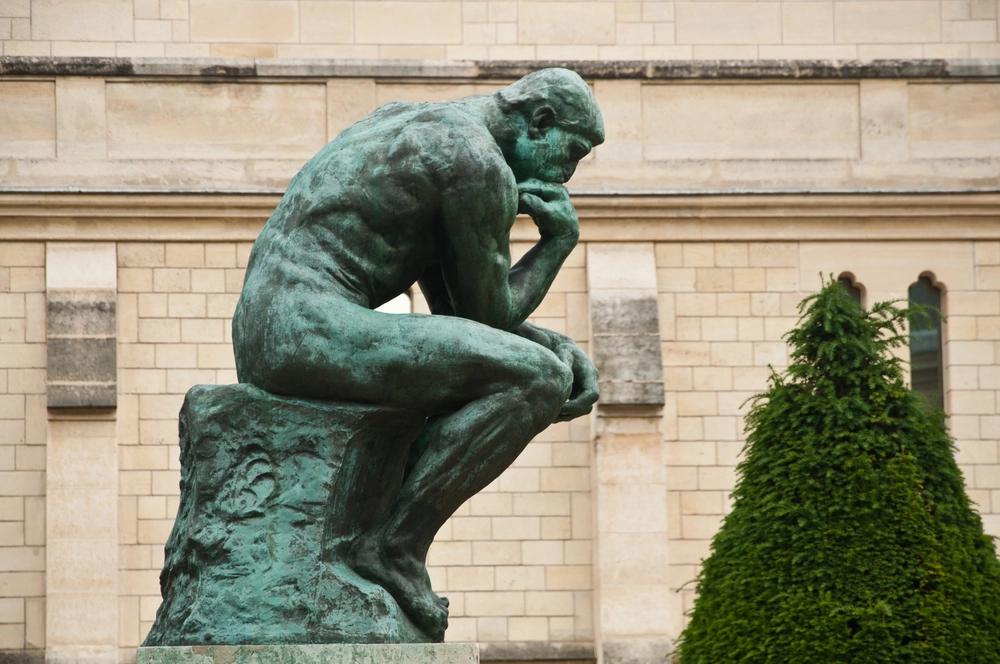Foreign policy in democracies often happens in a place author Roy Rempel has called “dreamland.” We strut and posture, imagine a world without war, and pretend we don’t have enemies, often for years at a time. Then suddenly a loud noise disturbs our slumbers.
Canada hasn’t really faced a threat big enough to wake us up since the Soviet Union collapsed. So it’s mostly been fun and games annoying the Americans, ducking minor wars, saying the world needs more Canada, talking about peacekeeping, and so on. After 9/11 we fought long and hard in Afghanistan, but with barely a quarter the casualties of Korea. And once the Taliban were ousted in 2001, the place was a mess, not a threat.





